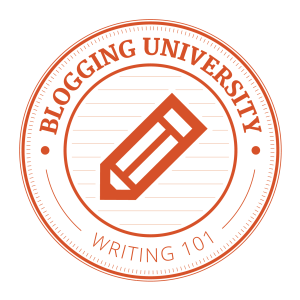He is a nineteenth-century French poet who published little but thrust open the door of modernism with his poetry and his early appreciation for the Impressionist painters. He understood that they were not trying to paint an objective reality but a subjective perspective based on upon color, light, fracture of forms, and defiance of staid expectations. Apparently, he was painted by Manet, Renoir, and Gauguin. And defined Impressionism in an 1876 essay (all information gleaned from the article linked below).
As is usual it was reading a New Yorker article that reminded me of this poet whom I have essentially avoided since first year of graduate school at Harvard. The entire class was a prolonged discussion of poets and translations of poets and theorists of poets by a scholar of Chinese poetry. I can only say that I understood in a visceral way why translated poetry is a troublesome and troubling, doubtful and speculative adventure. Any translation is at best an interpretation of the original and at worst a corrupted betrayal of that original.
But enough, this particular New Yorker article appeared in the April 11, 2016 edition and was written by Alex Ross. Yes, I am slow at reading the magazines.
Ross’s article is erudite, appreciative, reflective and probing. He quotes in full a Mallarme poem about a swan frozen in the ice. He claims that if you work hard enough you can get to that interpretive end, but I must not be working hard enough because I can’t quite see the connections of the images to create the swan’s tragic fate. Except in the line “he is paralyzed in the cold dream of contempt….” But I want to know who is feeling the contempt?
Ross emphasizes that some folks (like me) give up on Mallarme because he is too dense and allusive. He says when you read his stuff, “[a]fter only one or two lines, though, you are engulfed in fine mist and a certain terror sets in” (81).
He says that Debussy’s piece “Prelude to ‘The Afternoon of a Faun'” is inspired by Mallarme’s poem. Now, I guess I will have to try and read it since that is one of my favorite pieces of music.
Ross had some wonderful lines in his article which I am going to take the liberty to quote. They might come in useful when teaching poetry later this year. I also just love the way his passion for this poet displays itself unapologetically.
“If you can crack these poems, it seems, you can crack the riddles of existence” (82).
“It is, however, precisely this tension between traditional form [sonnets and alexandrines] and radical content that keeps reactivating the shock of his writing” (82).
“The poet himself said that he knew of no other bomb than a book” (82).
“…the poet’s function as the mouthpiece of humanity’s primal myths.” (84)
“In the sonnet ‘Sainte,’ Mallarme describes St. Cecilia, the patron saint of music as a ‘musician of the silence’ in a stained glass window.” (84)
And on Mallarme’s relationship with Hamlet: “…full of trapped, tortured figures, variations on the Hamlet persona” (82) and “…a Hero poet prepares to over come his Hamlet stasis….” (85).
Ross recommends a translation by Jeff Clark and Robert Bononno if you want to see Mallarme’s “Un Coup de Des” which is a major experiment in form and structure and thrusting words together. Sounds like something to take a look at. This edition is published by Wave Books.
Ross ends the piece talking about how he bought at auction three books by the French author Camille Mauclair. He says two of the books are in his library — “probably the most remarkable things I will ever own — shards of the Mallarmean temple, where the word was god” (85).
One reads the New Yorker for articles like this one. It is written by an author with deep knowledge and passion for a subject and reawakens the reader’s curiosity and thought.


